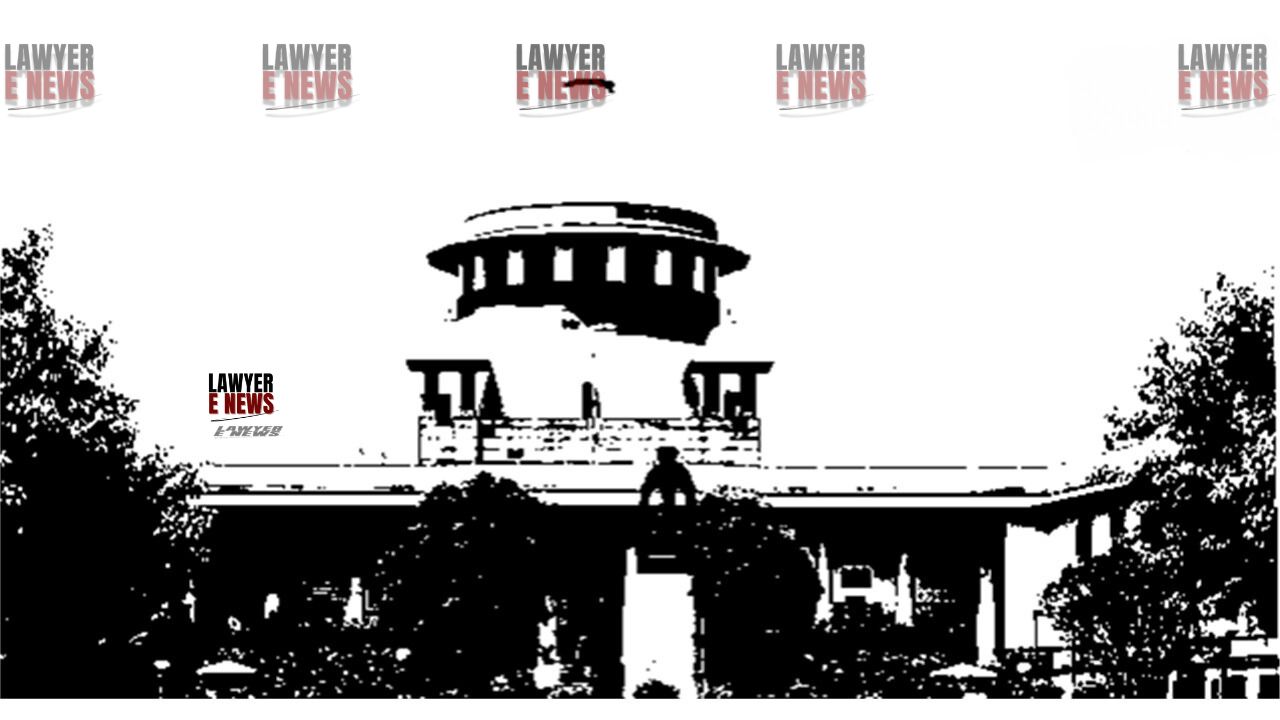-
by Admin
15 February 2026 5:35 AM



Supreme Court Denies Interest on Delayed Revised Pension for Retired Lecturers of Private Aided Colleges in Haryana. On October 21, 2024, the Supreme Court of India dismissed an appeal by retired lecturers from government-aided private colleges in Haryana, seeking interest on delayed payment of revised pension. The Court upheld the decision of the Punjab and Haryana High Court, which denied the claim on the grounds that the appellants were "fence-sitters" and initiated legal proceedings only after similar issues had been successfully contested by government college lecturers.
In its ruling, the Supreme Court emphasized that the appellants, who had delayed their legal challenge until others had successfully litigated similar issues, could not claim a better position than the original litigants, who did not receive interest on their delayed payments. The
"The appellants waited till the rights of the retired employees of government colleges were crystallized and thereafter initiated proceedings. Hence, they are not entitled to any interest, as they can be treated as fence-sitters."
The appellants in the case, retired lecturers from government-aided private colleges in Haryana, had sought parity with lecturers from government colleges regarding the revision of their pension under the Haryana Civil Services (Revised Pension) Part I Rules, 2009. These rules retrospectively revised pension entitlements with effect from January 1, 2006.
While the state had agreed to pay the revised pension to the appellants following a concession made during earlier writ proceedings, the issue of interest on the delayed payments remained contentious. The High Court had denied their claim for interest, leading to the present appeal before the Supreme Court.
The key issue in the case was whether the appellants were entitled to interest on the delayed payment of revised pension. The appellants argued that the state had orally conceded during the earlier hearings that interest would be paid on delayed payments. They contended that this concession was made by the government counsel based on oral instructions, and the High Court's refusal to grant interest was arbitrary and unfair.
However, the Supreme Court dismissed this argument, pointing out that no written instructions or official documentation supported the state's oral concession on the interest payment. The Court clarified that legal obligations, particularly those relating to financial liabilities like interest, cannot be based on oral concessions:
"Only written concessions or instructions from the State should be relied upon, and oral statements alone cannot be the basis for legal obligations."
The Supreme Court also observed that Rule 6 of the Haryana Civil Services (Revised Pension) Part I Rules, 2009, which governed the pension revisions, did not include any specific provision for awarding interest on delayed payments. The Court further noted that the original litigants—lecturers from government colleges—who had similarly contested the delayed payment of revised pensions were not granted interest. Therefore, the appellants, who had sought parity with these original litigants, could not claim a better entitlement.
The Supreme Court upheld the High Court's decision, stating that the appellants were not entitled to interest on the delayed payment of their revised pensions. The appeals were dismissed, with the Court noting that the appellants had initiated legal action only after others had successfully contested similar claims. The Court reiterated the importance of presenting accurate, written instructions in court, particularly when dealing with financial claims.
Date of Decision: October 21, 2024
K.C. Kaushik and Others vs. State of Haryana and Others
